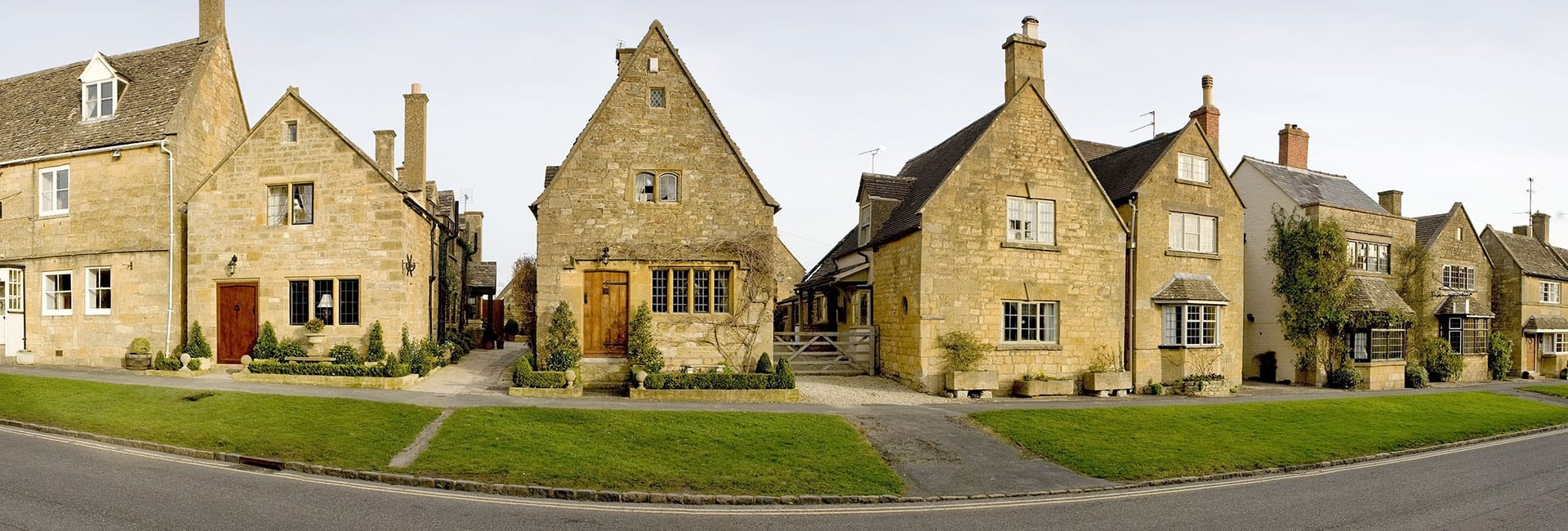What the Budget Means for the Property Market
Guest Post: LDG West End Properties
The Budget saw George Osborne announce the Help to Buy scheme, which is aimed at helping all buyers – not just first-timers – step onto or up the property ladder. Huge funding increases for the Build to Rent scheme have also been announced.
Help to Buy
There are two levels of support offered by the scheme:
The newly unveiled Help to Buy scheme will give all home buyers the ability to borrow shared equity loans of up to 20 percent of a new build’s value. Previously, only first-time buyers had access to these interest-free loans, as part of the older NewBuy scheme.
New and current home owners alike will be able to put down five percent and borrow an extra 20 percent interest-free, in order to bolster their deposits. This 25 percent deposit will allow home buyers to get better value mortgages with lower monthly repayments. The loans are available for properties up to a value of £600,000.
A Mortgage Guarantee is also to be introduced, which is designed to help tenants buy their homes. The scheme will allow mortgage lenders to give loans to people who wish to buy their home but have little or no deposit, because they’ll be backed by the Government’s balance sheet.
The Help to Buy scheme is set to launch in April 2014 and to run for an initial period of three years.
Build to Rent
The Build to Rent scheme is also set to receive a significant funding increase, up to a whopping £1 billion, from just £200 million last year. This increase will allow for a massive rise in the number of houses built across the country, particularly in areas with a notable shortage in housing.
Another £225 million has been pledged for building new homes under the Affordable Housing Guarantee program, which will help to build around 15,000 new homes, starting from 2015.
What does it mean?
The changes and funding increases throughout the property market are aimed at stimulating the economy. By allowing people to buy homes, who weren’t in a position to do so previously, more cash will be injected into the economy. Increasing the number of privately-rented homes under the Build to Rent scheme will also boost the economy and provide more housing in areas that may previously have been lacking. The increasing number of new builds will also create jobs for construction workers and others in the industry.
Who will benefit?
Anyone itching to get on the property ladder or to upgrade their home will now have a better chance to do so. Likewise, more affordable homes will be built in areas where housing has been lacking, allowing more people to rent if they do not wish to or cannot buy. This is also a great opportunity for landlords who wish to build new properties to rent out, and for anyone who works in the construction industry.
Thanks to our friends at LDG for this guest post. As leading independent West End estate agents, they’ve been keeping a close eye on budget developments and their implications for the property market.



 Login
Login















